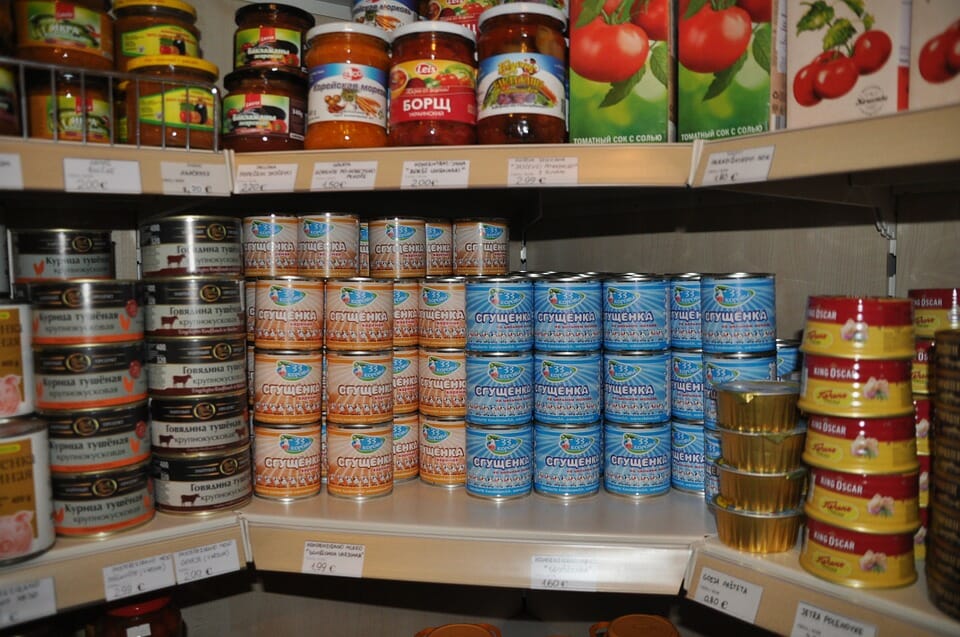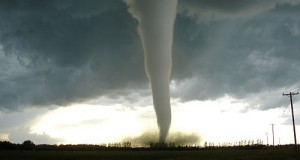Even though your stockpile may fit the definition of a “hoard,” chances are quite high that you are NOT actually a “hoarder” in the contemporary and now commonly used sense of the word.
The contemporary and common use of the word “hoarder” indicates a person who accumulates things in a disorganized, messy, emotional and non-functional manner. Hoarders typically hold onto non-utilitarian (even broken) things, and collect to the point where their living space does not work for its intended function. When you hear or read the word “hoarder,” the image of a pack rat house stuffed to the rafters with every table top covered and only narrow spaces to walk through comes to mind. The hoarder is driven by emotion. The items hoarded do not serve a useful function and tend to actually interfere with the individual’s capacity to function or use their living space as intended.
In contrast, a prepper’s main goal is a functional supply of items. Preppers accumulate items with a plan and a purpose, and prioritize the collection and storage of items in an organized manner.
Be Prepared: Get The Ultimate In Portable Backup Power!
The definition of a prepper (according to Urban Dictionary) is: “A person who believes a catastrophic disaster or emergency is likely to occur in the future and makes active preparations for it, typically by stockpiling food, ammunition, and other supplies.”
You are a prepper if the majority of the following statements are true:
- Your stockpile and home are reasonably clean.
- The items you stockpile are functional.
- Your stockpile is organized.
- You can use the items you are storing within your lifetime.
- You agree with the saying “store what you eat and eat what you store.”
- You are prepared. You do not have to go to the store to “pick up a few things” when a major storm is predicted.
You are a hoarder if three or more of the following statements is true:
1. Items in your house are taking over space or furniture meant for eating, sleeping, walking, or other normal human activities.
2. Despite the fact that items in your house are taking over space and furniture meant for eating, sleeping, walking or other activities, you are emotionally attached to these items and reluctant to let them go.
3. You are storing non-functional items. For example, broken items, or perhaps stacks of newspapers, or stacks of magazines, plastic bags, shoes or any particular item or groups of things for which there is no realistic use or functional purpose for amount stored. How does this differ from a collection? A collection is organized and/or has monetary or sentimental value. These items do not.
4. Your items have been gathered without a plan, and you’ll organize them “someday.”
5. During a resource shortage, you collect more than you need, or more than you can reasonably use, and you hide these resources away (in comparison, a prepper will already have resources stored and will not rush out to secure more).
6. You do not have the food and supplies at home needed to get through a three-day power outage without running to the store to “pick up a few things.”
Do you agree or disagree? Share your thoughts in the section below:
 Off The Grid News Better Ideas For Off The Grid Living
Off The Grid News Better Ideas For Off The Grid Living




